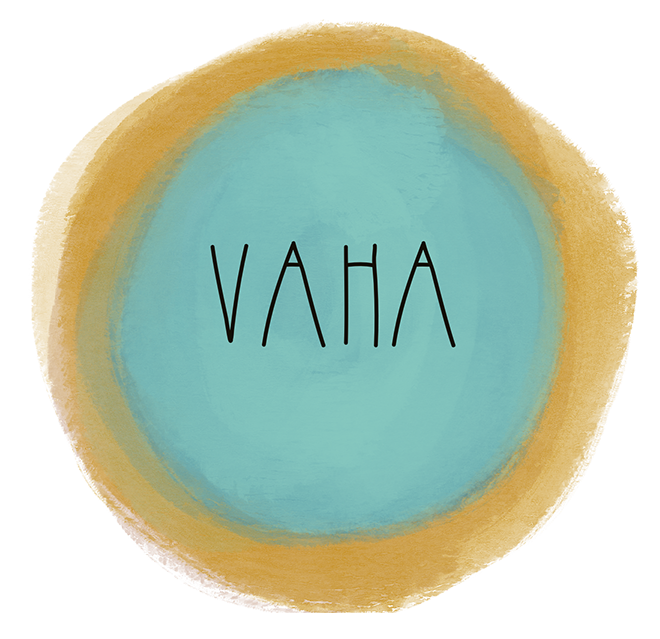Learning & mobility
I was truly fortunate to be able to visit Porto thanks to the VAHA Learning & Mobility Grant and get exposed to its cultural life and practices. Prior to my travel I knew very little about the city and its culture; this visit was a revelation to me for the richness of Porto’s cultural activity. In some intense few days, I had the opportunity to visit all kinds of venues from small independent galleries and culture spaces to large municipal theatres and institutions and notice how they symbiotically add to the artistic landscape.
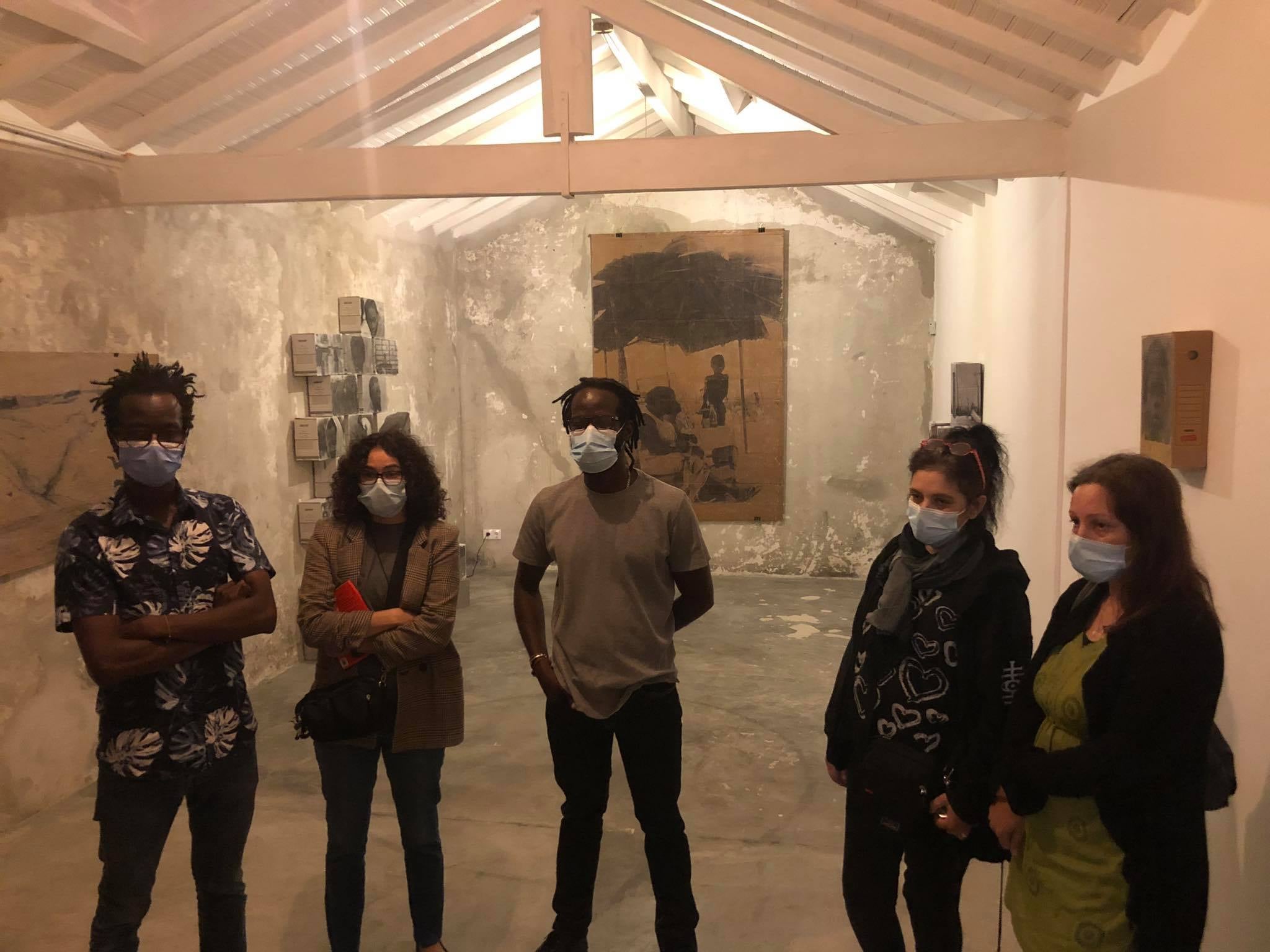
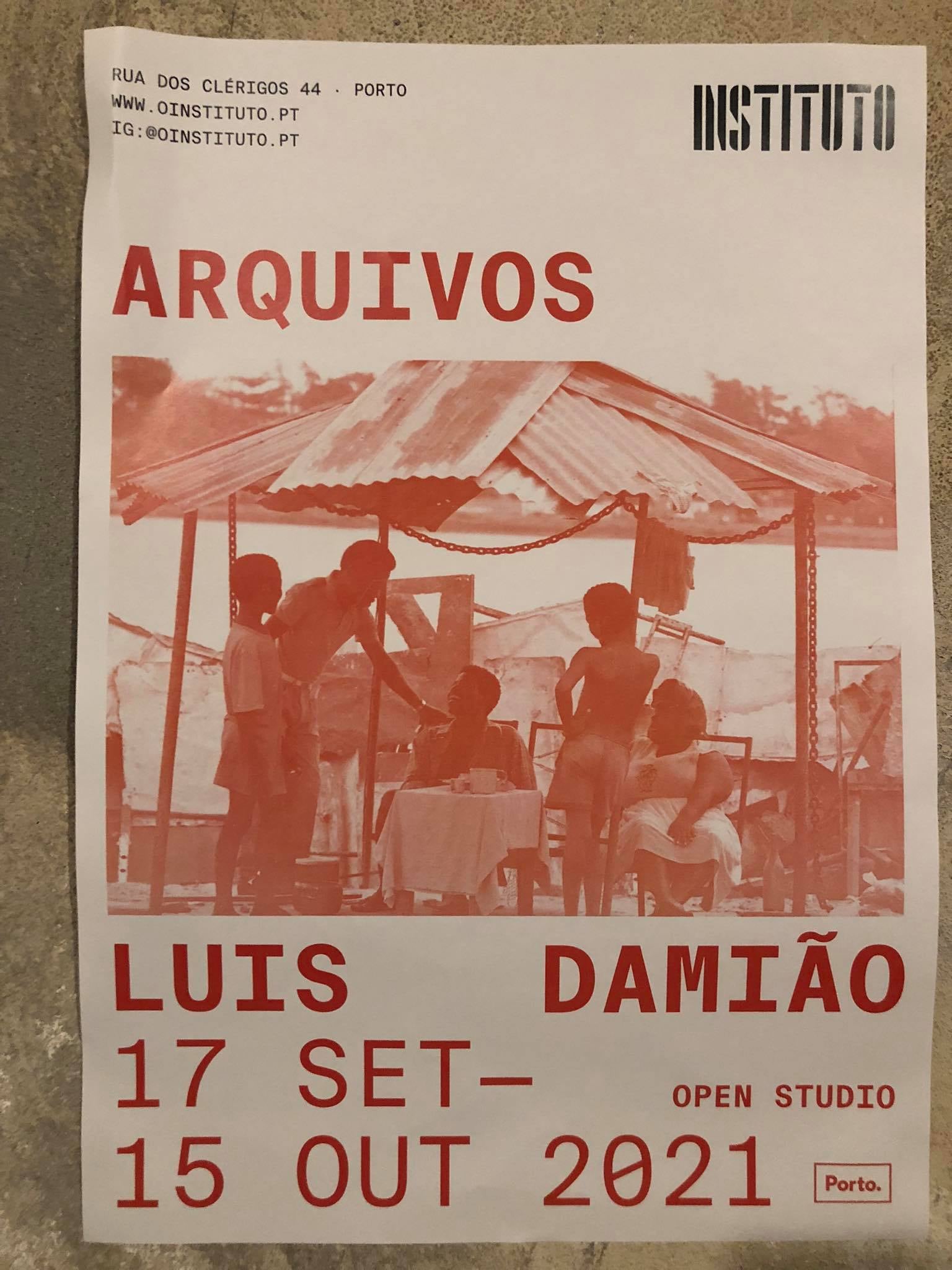
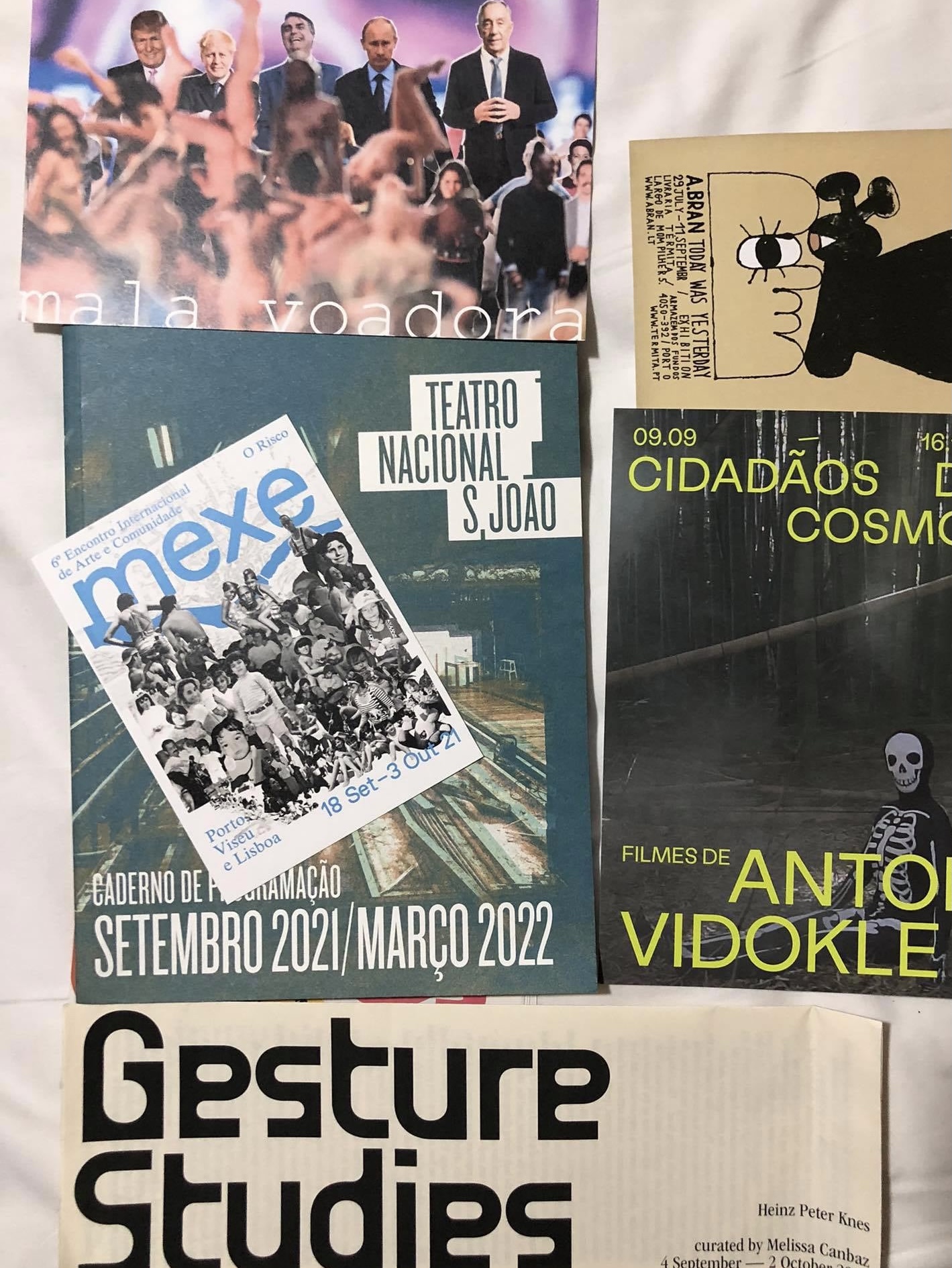
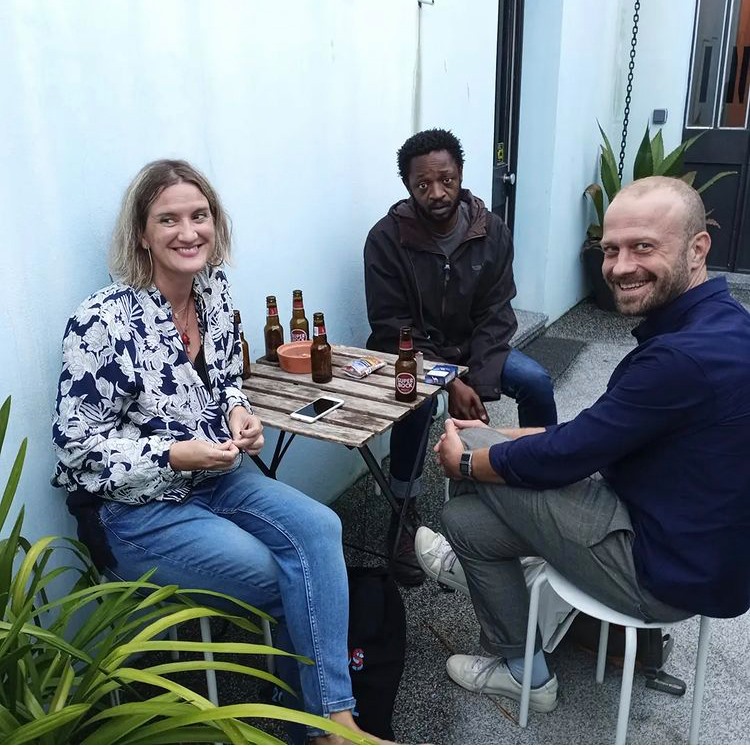
I started by visiting the two VAHA partners, Rampa Porto and INSTITUTO. At Rampa, I was interested to understand their programming model which consists of a group of artistic directors who collectively decide and take on responsibility for the programming and its execution. At INSTITUTO, I was very fortunate to attend a work-in-progress exhibition by Angolan artist Luis Damiao and see how INSTITUTO organises its residency programme (in terms of what they offer, how the space is organised, the length of the residencies and the nature of the public presentations) which is very useful for me as I try to develop and expand our residency programmes at our Athens space. In addition, I attended a series of walking tours and debates on decolonisation and the city, with the participation of the third VAHA partner, InterStruct Collective. To see the decolonisation debates in action, in connection to the city, helped me to better understand the activities that the three partners organise in the context of VAHA. It also allows me to think of the possibilities of intersecting arts, public debate and interventions into the public space from a critical angle on dominant narratives. This is an area that we could explore a lot more in Athens.
Other highlights of my visit included attending performances at the Rivoli Municipal Theatre that boasts a truly impressive international programming; and the exhibition The New Babylonians - Crossing the Border by Spanish curator Pedro Romero, at the Municipal Gallery of Porto. The exhibition interested me for its theme, as I am curating an exhibition on the theme of Borders at 1927 art space this fall. It was also intriguing in its curatorial approach that consisted of exhibiting the curator’s own research process and material. As a person who works at the border between artistic practice and research, this gave me a lot of new ideas about ways of organising and exhibiting work beyond traditional concepts. Towards the end of my stay, I visited Visoes Uteis, a theatre company with whom I have had a previous collaboration and who are situated in the outskirts of Porto. I had the opportunity to see their space, learn about their upcoming performance and we discussed possibilities of bringing it to Athens.
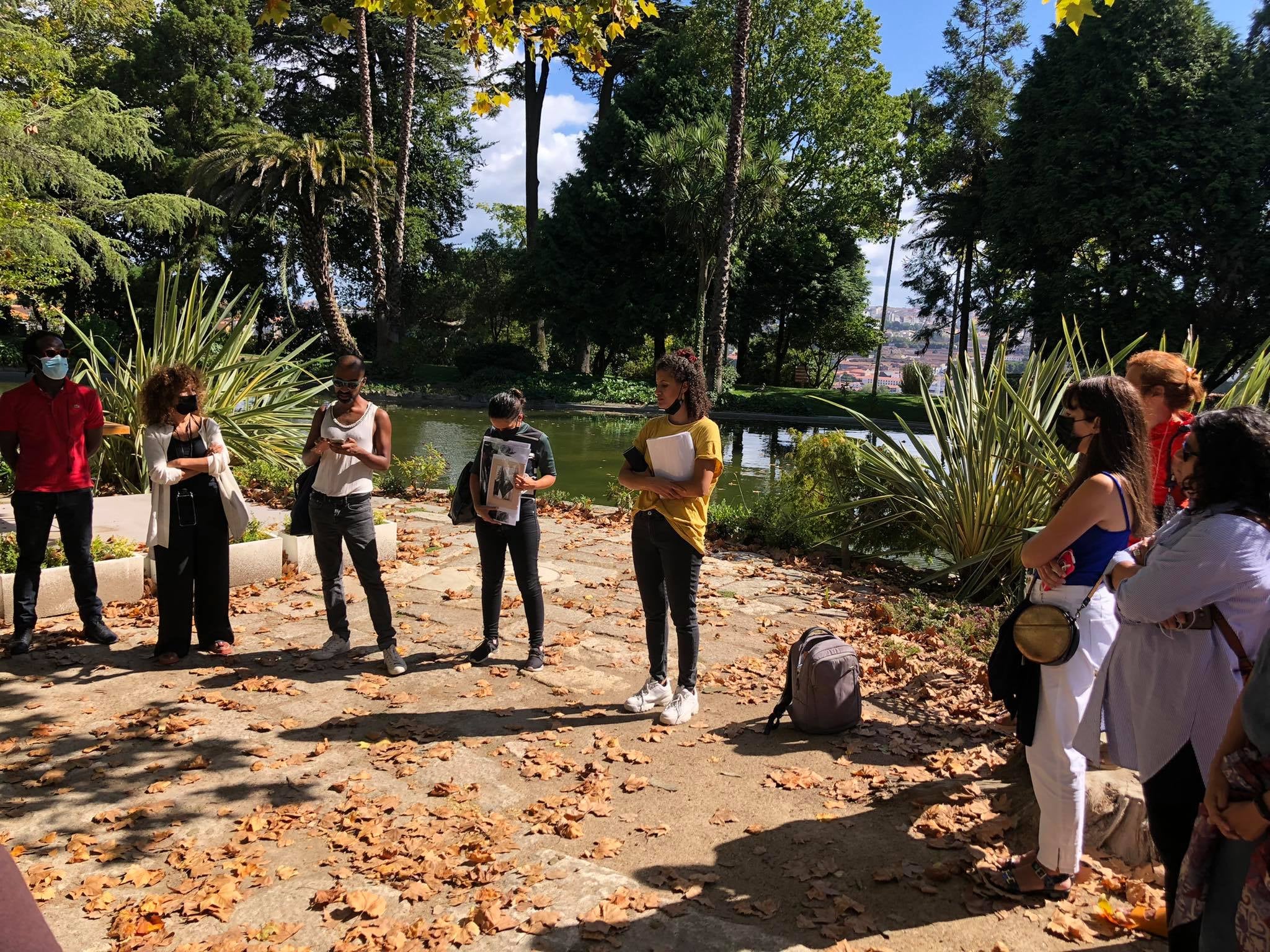
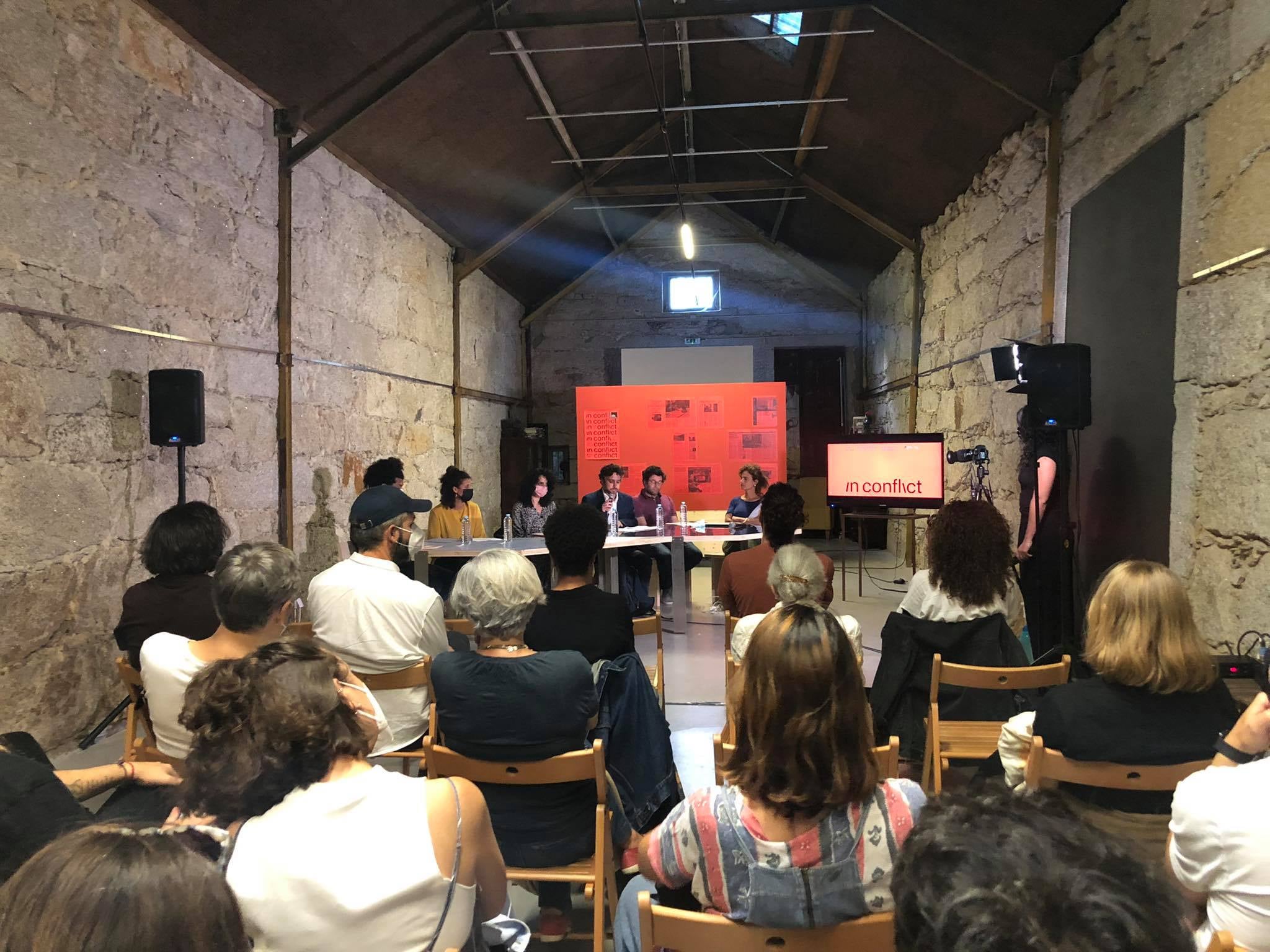
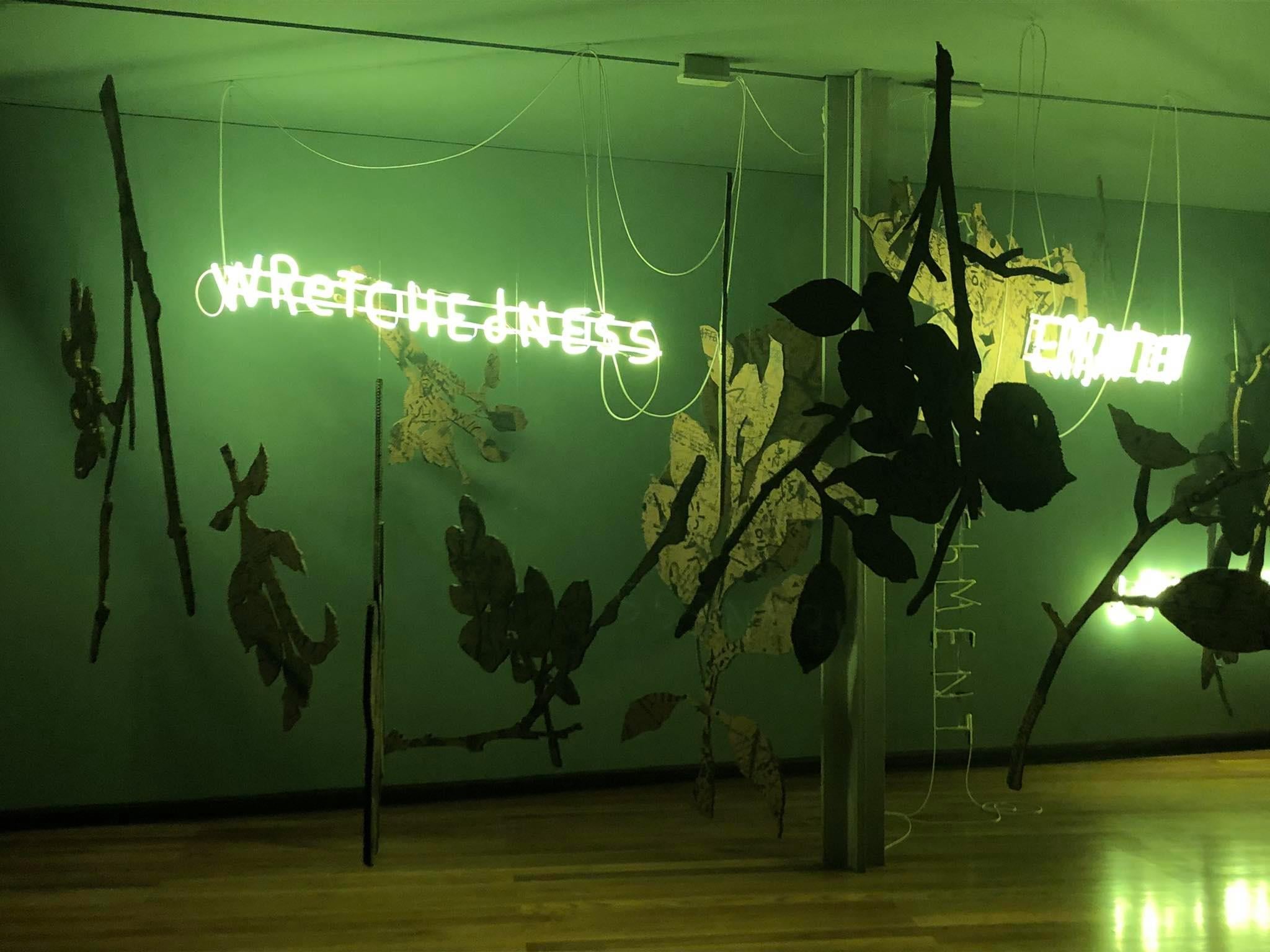
The most impressive thing about my visit to Porto was to find out how active is the municipality in supporting independent artists through various programmes: there are programmes helping artists to connect to communities that are far from the centre and have limited access to cultural programming (such is the case of Visoes Uteis for example who are in charge of cultural programming for such a remote neighbourhood) or bring performances to the outskirts of the city; other programmes that help local creation, the internationalisation of Porto-based artists as well as partnerships between artists from Porto and abroad. Considering that as part of our VAHA programming in Athens, we explored the relationship between our artistic community and the municipality, the lessons learned from Porto are extremely useful in order to continue this discussion in our community and envision and propose ways to strengthen the relationship with our municipality.
As a conclusion I would say that I firmly believe that we need to strengthen cultural exchanges between Greece and Portugal. Even though we are Mediterranean neighbours, exchange remains limited and we in Greece are not adequately exposed to contemporary Portuguese culture and cultural policy. I hope that after this trip I can start playing my part in cultivating this relationship.
Text and photos by Aktina Stathaki
*The Learning & Mobility Grant aims to foster knowledge and practice exchange among VAHA participants.
Porto’s vivid cultural scene through the eyes of Aktina Stathaki
10.12.2021
VAHA’s Athens Hub participant Aktina Stathaki from Between the Seas and 1927 art space paid a visit to Porto in September 2021 with the support of VAHA’s Learning & Mobility Grant.* In this story, Aktina shares her impressions from Porto’s cultural scene.
I was truly fortunate to be able to visit Porto thanks to the VAHA Learning & Mobility Grant and get exposed to its cultural life and practices. Prior to my travel I knew very little about the city and its culture; this visit was a revelation to me for the richness of Porto’s cultural activity. In some intense few days, I had the opportunity to visit all kinds of venues from small independent galleries and culture spaces to large municipal theatres and institutions and notice how they symbiotically add to the artistic landscape.




I started by visiting the two VAHA partners, Rampa Porto and INSTITUTO. At Rampa, I was interested to understand their programming model which consists of a group of artistic directors who collectively decide and take on responsibility for the programming and its execution. At INSTITUTO, I was very fortunate to attend a work-in-progress exhibition by Angolan artist Luis Damiao and see how INSTITUTO organises its residency programme (in terms of what they offer, how the space is organised, the length of the residencies and the nature of the public presentations) which is very useful for me as I try to develop and expand our residency programmes at our Athens space. In addition, I attended a series of walking tours and debates on decolonisation and the city, with the participation of the third VAHA partner, InterStruct Collective. To see the decolonisation debates in action, in connection to the city, helped me to better understand the activities that the three partners organise in the context of VAHA. It also allows me to think of the possibilities of intersecting arts, public debate and interventions into the public space from a critical angle on dominant narratives. This is an area that we could explore a lot more in Athens.
Other highlights of my visit included attending performances at the Rivoli Municipal Theatre that boasts a truly impressive international programming; and the exhibition The New Babylonians - Crossing the Border by Spanish curator Pedro Romero, at the Municipal Gallery of Porto. The exhibition interested me for its theme, as I am curating an exhibition on the theme of Borders at 1927 art space this fall. It was also intriguing in its curatorial approach that consisted of exhibiting the curator’s own research process and material. As a person who works at the border between artistic practice and research, this gave me a lot of new ideas about ways of organising and exhibiting work beyond traditional concepts. Towards the end of my stay, I visited Visoes Uteis, a theatre company with whom I have had a previous collaboration and who are situated in the outskirts of Porto. I had the opportunity to see their space, learn about their upcoming performance and we discussed possibilities of bringing it to Athens.



The most impressive thing about my visit to Porto was to find out how active is the municipality in supporting independent artists through various programmes: there are programmes helping artists to connect to communities that are far from the centre and have limited access to cultural programming (such is the case of Visoes Uteis for example who are in charge of cultural programming for such a remote neighbourhood) or bring performances to the outskirts of the city; other programmes that help local creation, the internationalisation of Porto-based artists as well as partnerships between artists from Porto and abroad. Considering that as part of our VAHA programming in Athens, we explored the relationship between our artistic community and the municipality, the lessons learned from Porto are extremely useful in order to continue this discussion in our community and envision and propose ways to strengthen the relationship with our municipality.
As a conclusion I would say that I firmly believe that we need to strengthen cultural exchanges between Greece and Portugal. Even though we are Mediterranean neighbours, exchange remains limited and we in Greece are not adequately exposed to contemporary Portuguese culture and cultural policy. I hope that after this trip I can start playing my part in cultivating this relationship.
Text and photos by Aktina Stathaki
*The Learning & Mobility Grant aims to foster knowledge and practice exchange among VAHA participants.


